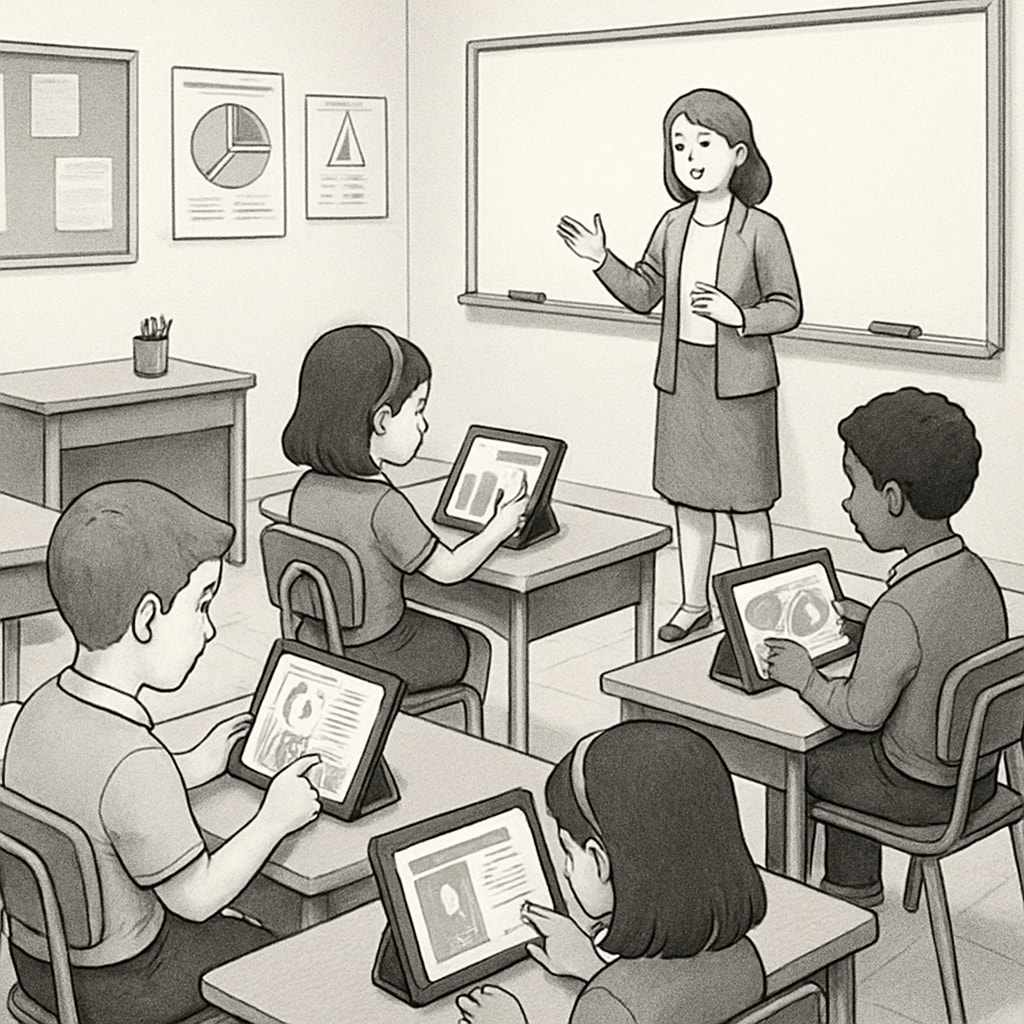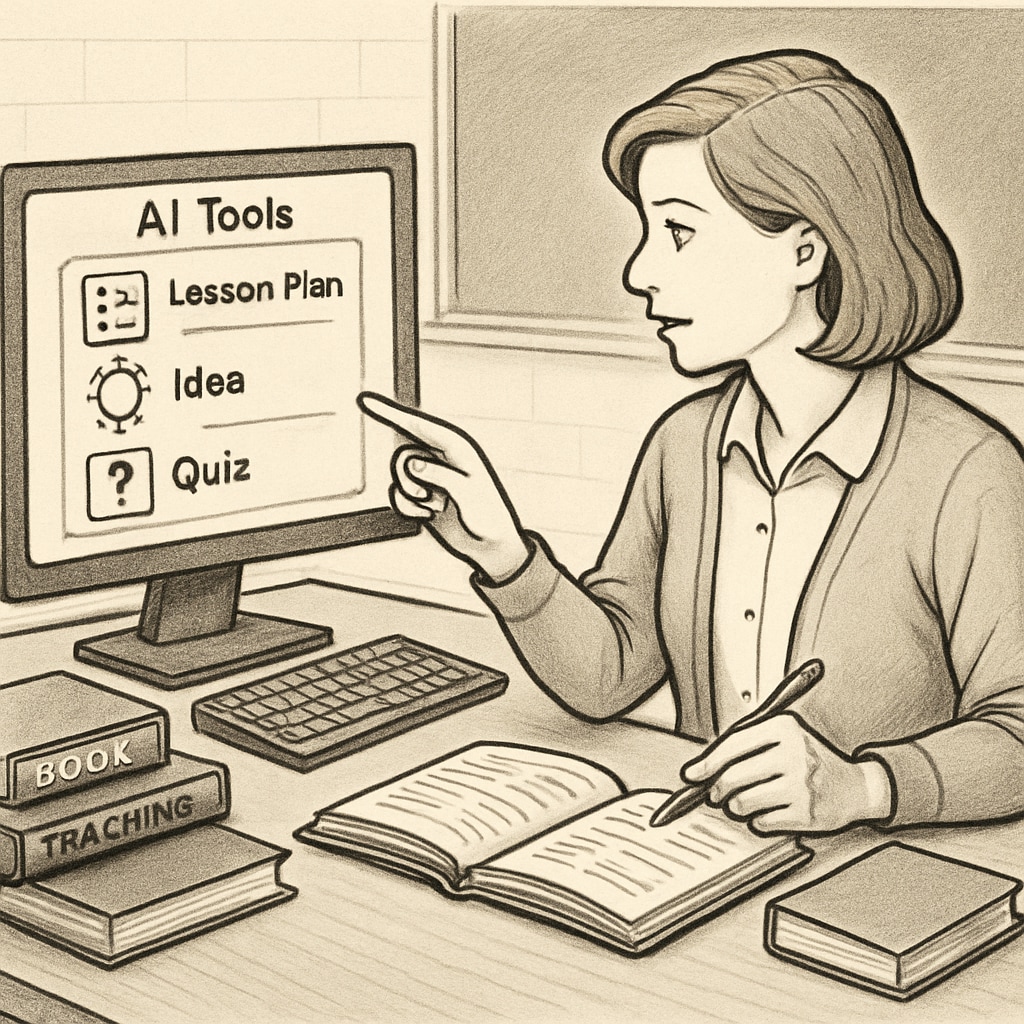Artificial intelligence (AI) is profoundly impacting modern education, particularly school systems, with far-reaching potential for future transformation. As AI continues to evolve at an unprecedented pace, its influence on personalized learning, teaching roles, and evaluation systems is becoming more apparent. This article explores the promising potentials and challenges of using AI to redefine K-12 education in the next 5–10 years, providing insights for educators, policymakers, and parents.
Revolutionizing Personalized Learning
One of the most significant ways AI is transforming education is through personalized learning. AI-powered tools can analyze students’ strengths, weaknesses, and preferences, tailoring educational content to meet individual needs. For example, adaptive learning platforms like Khan Academy use AI to offer customized exercises based on a student’s progress. This ensures learners receive targeted support, enabling them to learn at their own pace and style.
Moreover, AI can provide real-time feedback, helping students understand complex concepts more effectively. In addition to improving academic achievement, this approach fosters a sense of autonomy and confidence among learners.

Redefining the Role of Teachers
The implementation of AI in schools does not aim to replace teachers but rather to redefine their roles. AI systems can handle repetitive tasks such as grading assignments or tracking student attendance, freeing up teachers to focus on mentorship and creative teaching strategies. For instance, AI-driven platforms like Edutopia offer tools to simplify administrative work, allowing educators to concentrate on fostering critical thinking and interpersonal skills in students.
In addition, AI can act as a teaching assistant, providing supplementary resources for lesson planning and enabling teachers to incorporate interactive simulations and virtual experiments into their classrooms.

Improving Educational Assessment
Traditional assessment methods often fail to capture the full scope of a student’s abilities. AI offers new opportunities to create more comprehensive evaluation systems. Advanced algorithms can assess not only academic performance but also soft skills such as collaboration, creativity, and problem-solving. For example, AI systems can analyze classroom interactions or project-based learning outcomes to provide holistic insights into student development.
Furthermore, AI can help identify learning gaps early, enabling timely interventions. This proactive approach ensures that students receive support before falling behind, leading to improved overall outcomes.
Challenges and Considerations
While the benefits of AI in education are clear, challenges must be addressed to ensure its successful integration. Issues such as data privacy, accessibility, and teacher training require careful attention. Schools must establish guidelines to protect student information and ensure that AI tools are available to all, regardless of socioeconomic background.
Additionally, educators need comprehensive training to effectively use AI systems. Without proper preparation, the full potential of AI in enhancing education may remain untapped.
In conclusion, artificial intelligence holds immense promise in transforming future school education. By enabling personalized learning, redefining teaching roles, and improving assessments, AI can revolutionize K-12 education. However, addressing challenges such as privacy and accessibility will be crucial to maximizing its impact. As we look ahead, collaboration among educators, policymakers, and technologists will shape an inclusive and innovative educational future.


